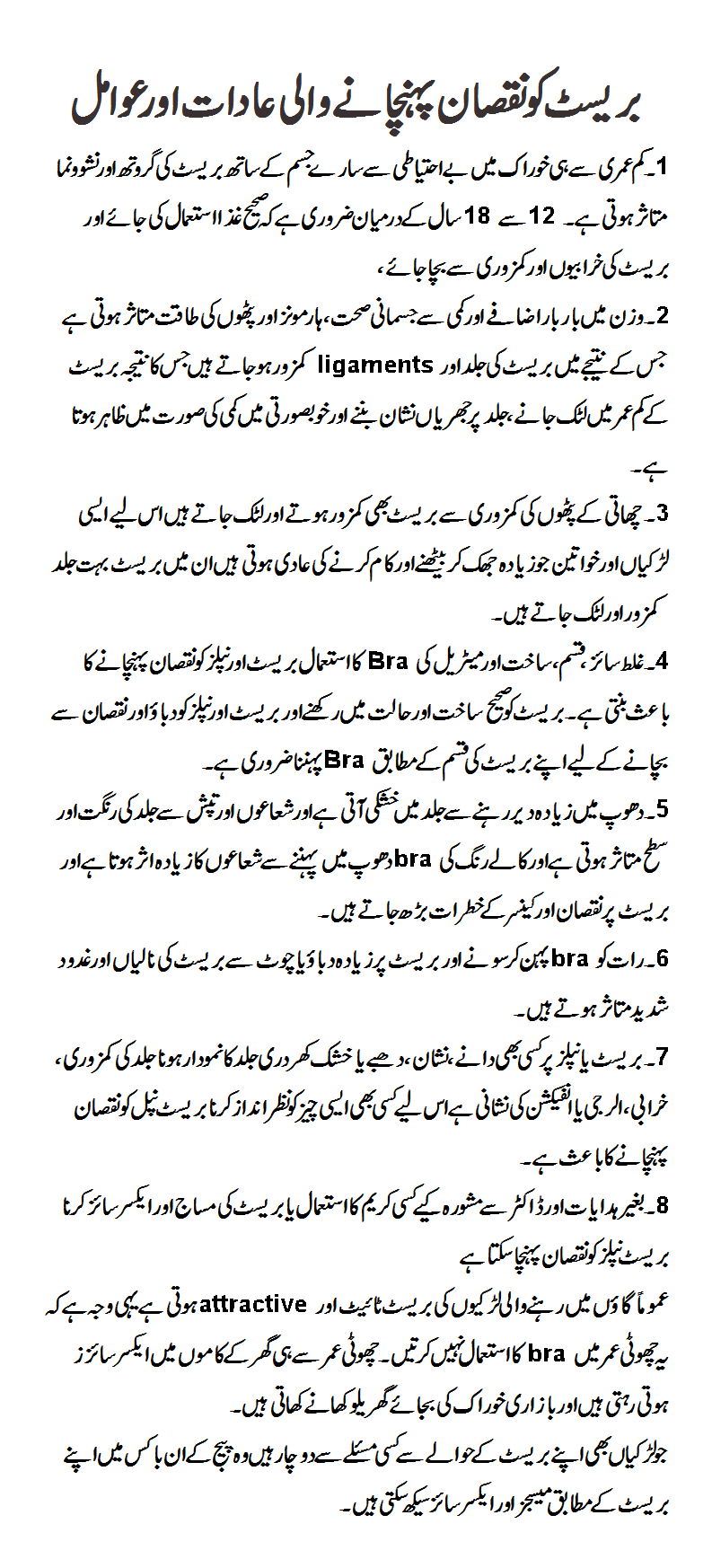Through research carried out in the last 25 years about the breast cancer etiology, it has been possible to estimate that less than 10 % of patients who are diagnosed with the condition are carriers of some germline or somatic mutation.The clinical reports of breast cancer patients with healthy twins and the development of disease in women without high penetrance mutations detected,
warn the participation more factors in the transformation process. The high incidence of mammary adenocarcinoma in the modern woman and the urgent need for new methods of prevention and early detection have demanded more information about the role that environment and lifestyle have on the transformation of mammary gland epithelial cells.
Obesity, alcoholism and smoking are factors that have shown a close correlation with the risk of developing breast cancer. And although these conditions affect different cell regulation levels,
the study of its effects in the mechanisms of transcriptional and epigenetic regulation is considered critical for a better understanding of the loss of identity of epithelial cells during carcinogenesis of this tissue.
The main objective of this review was to establish the importance of changes occurring to transcriptional level in the mammary gland as a consequence of acute or chronic exposure to harmful products such as obesity-causing foods,
